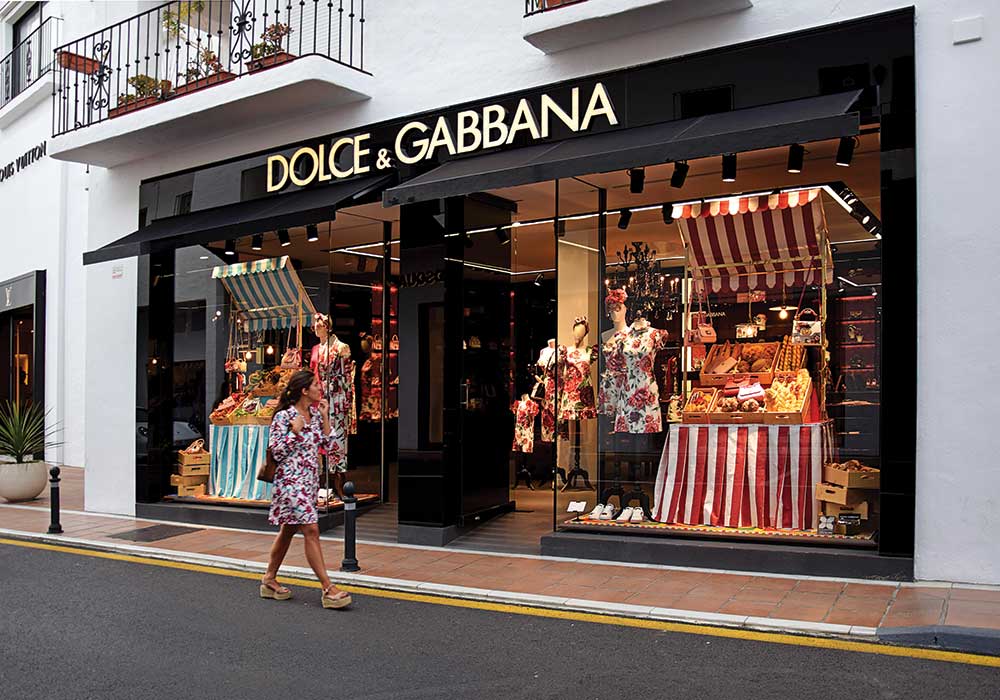As long as the sun continues to shine, the area of Southern Spain, and especially the Costa del Sol, will always have the ability to cast a spell on Northern Europeans who are becoming increasingly depressed with long harsh winters and unpredictable summers.
Words: SEAN WOOLLEY of CLOUD NINE SPAIN
As long as the sun continues to shine, the area of Southern Spain, and especially the Costa del Sol, will always have the ability to cast a spell on Northern Europeans who are becoming increasingly depressed with long harsh winters and unpredictable summers.
Words: SEAN WOOLLEY of CLOUD NINE SPAIN
The area between Málaga and Sotogrande has always been a holiday hotspot, with the resorts established in the 60s and 70s, such as Torremolinos and Fuengirola, home to a plethora of high-rise 3- and 4-star hotels, but the area further west, encompassing resorts and towns such as Mijas, Marbella, Estepona and Benahavís, offers a very different feel, with some of Europe’s very best hotels, together with some of the finest leisure, retail and sporting amenities available in the Mediterranean.
This area, which receives an average of 320 days sunshine per year, has become a magnet for second homeowners over the last 20 years, especially since the advent of low-cost air travel with the likes of EasyJet and Ryanair, which has created plentiful and great-value commuter routes from virtually every European city. Many of these property investors have taken the plunge entirely by moving to the Costa del Sol on a permanent basis, drawn by the outdoor lifestyle, high-quality international schools and the improved connectivity and accessibility.
The lockdown in 2020 has actually fuelled the already exiting desire of thousands more potential visitors and emigrés to Spain. Dispirited and depressed, most of the Northern European population is desperate for at least a holiday in the sun, and perhaps a longer stay! With the advent of home-working and flexible working practices, many people are seriously looking at basing themselves somewhere warmer and with a better lifestyle on a full-time basis. After all, why work from home in Middlesbrough or Mannheim, when you can do so from the comfort of your own home in warm and welcoming Marbella?!

2021 could present a perfect scenario for property investors on the Costa del Sol. New development has been on hold for the last 12 months, meaning the market in the strongest and most affluent coastal areas has not experienced an over-supply of new stock. Property owners have refused to panic during the pandemic, meaning that, unlike the global financial recession of 2008-2012, there has been no significant downward drag on prices. Having said that, some much-needed price corrections have taken place which has brought the market back into more sensible pricing parameters.
In terms of demand, 2020 saw consistent levels of interest from prospective buyers, especially at the higher end of the market, but the severe travel restrictions have led to a massive amount of pent-up buyer interest that we expect to see being satisfied once the skies open up again for travel in Q1 or Q2 in 2021. My advice to any investors would be to get in to the market as early as possible in the New Year in case we see a mini-boom fuelled by this volume of pent-up demand, which may cause a price hike based on increased buyer competition, especially in already-popular areas such as the Golden Triangle of Marbella, Benahavís and Estepona.
With the expected surge in holiday bookings in 2021 and beyond, together with the shortage of good-quality, well-furnished homes available for long-term rental, there are genuine opportunities for real estate investors on the Costa del Sol. The key, as always, is to purchase in the right locations – ideally close to amenities – and to ensure that community fees don’t eat into your profit margins too much (in Spain, the landlord pays these fees!).
Normally, the rule of thumb is that one week’s high season holiday rental equates to a month´s rental on a long-term let. An experienced real estate professional will be able to guide investors towards the best opportunities and provide income and cost estimates to assist with the budgeting forecasts.
INFO
Sean Wooley is the Founder and Director of the real estate company Cloud Nine Spain. www.cloudninespain.com
Editor’s Note
With the conclusion of Brexit classifying Britain as a ’third country’ when it comes to entering or living in Spain, Britons will now have to adhere to immigration rules and complete paperwork to continue to enjoy spending time in Spain. This predicts a shift in demographics to a slightly younger generation with more substantial financial means because this will be required to be demonstrated to the Spanish government before long term permits or residencies will be granted. However, visitors from Great Britain will still be able to spend 90 days out of every 180 days on the Costa del Sol without any residency, so the holiday home concept should remain viable in the years to come.
